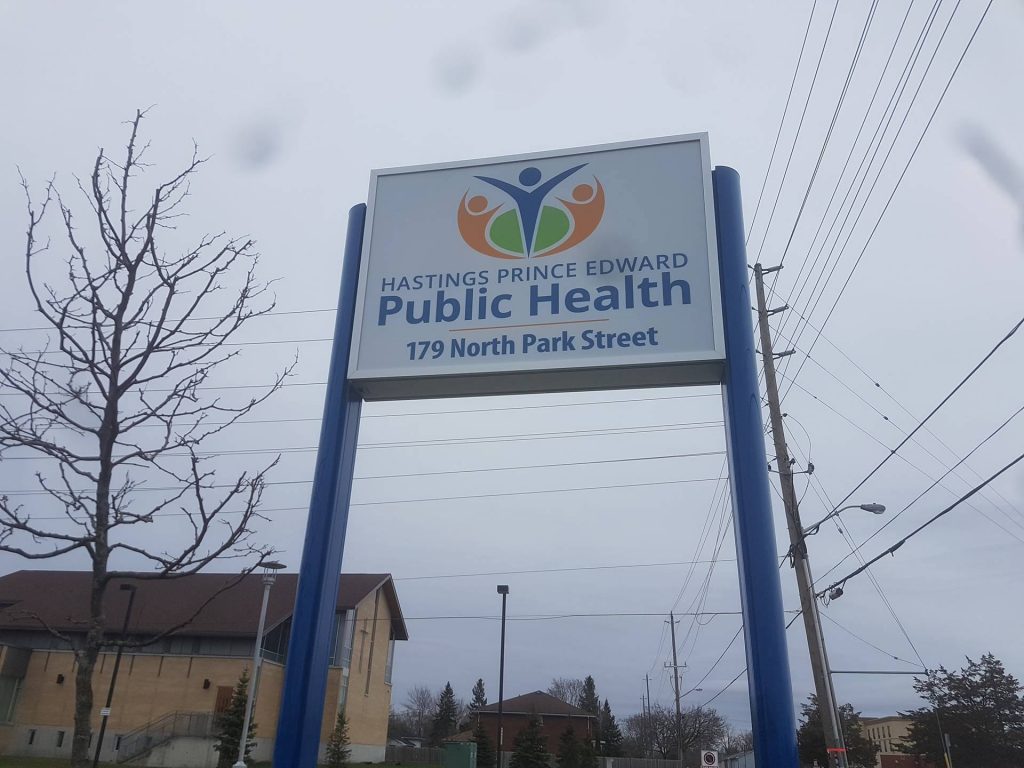Health unit encourages people to get tested for sexually transmitted diseases
BELLEVILLE – The Hastings Prince Edward Public Health is encouraging people to get tested for sexually transmitted infections as the region is experiencing an increase in gonorrhea cases this year.
The Hastings Prince-Edward region has 48 cases of gonorrhea so far this year so far, surpassing last year’s total of 35 cases. The situation is so serious, the health unit declared a local outbreak back in June.
Sexual Health Program Manager Stephanie McFaul explained it is important for people to get tested for sexually transmitted infections (STIs) regularly if they are sexually active or have more than one partner.
People are not using condoms. McFaul said. It is one of the most effective and common ways to prevent the spread of disease, she added. It is highly recommended to use condoms not only to prevent potential pregnancy it can also be a barrier to sexually transmitted infections, she said.
But with the pandemic, it is making the situation worse.
“Due to COVID, we do know that there were some challenges for people to get access to testing,” McFaul said.
A large portion of the gonorrhea cases that Hastings and Prince Edward County are seeing is from people between the ages of 20-40, she explained.
Gonorrhea comes with a list of symptoms, but a large portion of people who have this sexually transmitted infection are asymptomatic, she said. This leads people to spread the infection without knowing it.
This means testing is even more important.McFaul said getting tested once every three months is not a bad idea, just to keep safe, especially for those engaging in sex with multiple partners.
“If people are not routinely getting tested then there are more opportunities to potentially unknowingly spread STIs,” McFaul said.
Access to local doctors has posed a challenge to Belleville residents over the last few months due to COVID. Doctors are heavily booked and people need to see one to get a requisition for a test.
The health unit is working to bring awareness to being tested for sexually transmitted infections as well as the provision of condoms. Contacting a local doctor or walking into a clinic is among the ways to get screened for STIs. Condoms can be acquired for free from Public Health or Health Services.
 Print This Post
Print This Post







